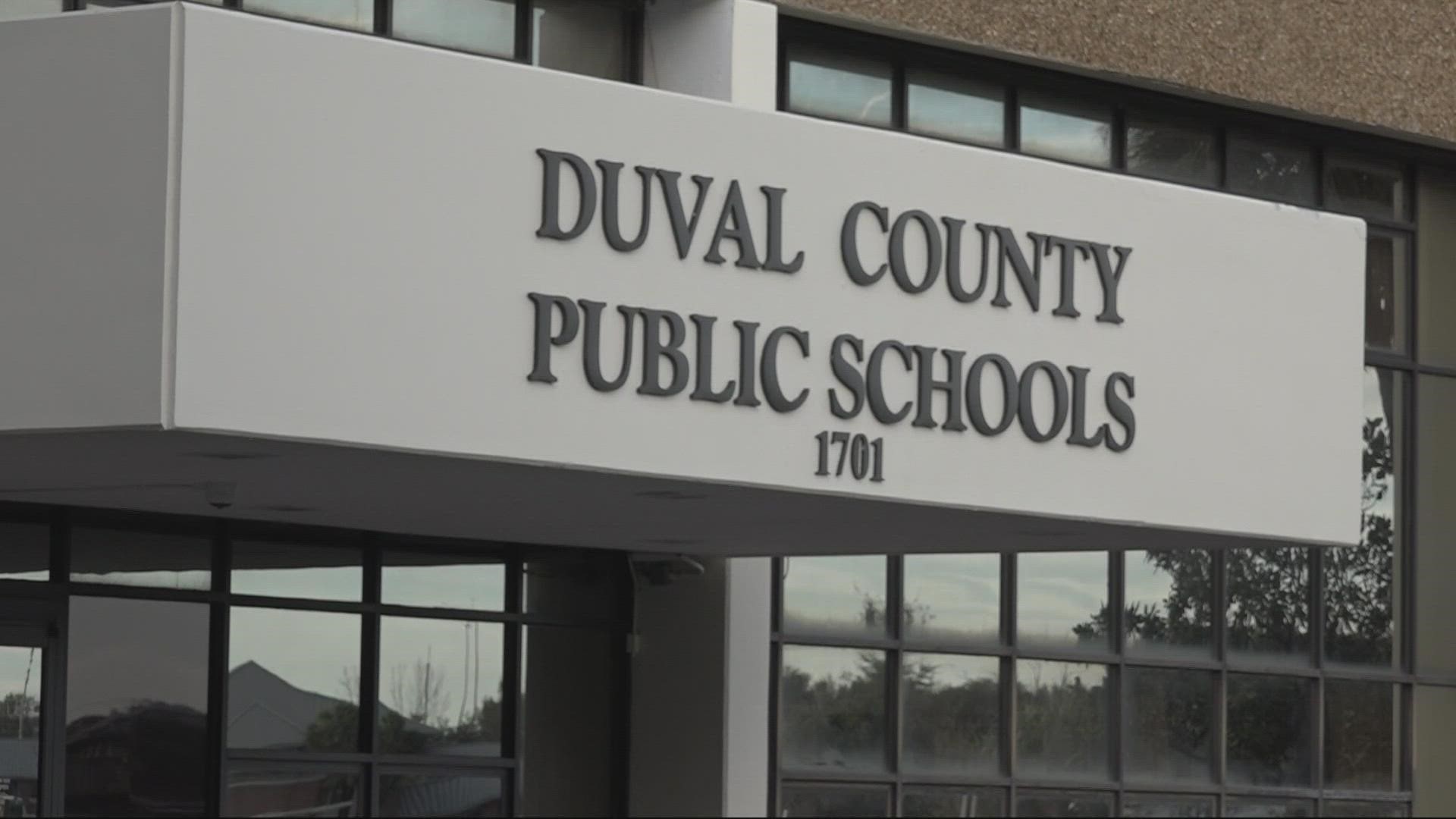JACKSONVILLE, Fla. — More outrage after the state's decision to reject a new AP African American studies course from being taught in Florida high schools.
The state claims the course lacks educational value, historical accuracy and fuels a political agenda.
In a tweet Friday, the governor's press secretary, Bryan Griffin, claims "the teaching of African American History has been expanded in Florida since Governor Ron DeSantis took office."
First Coast News verified Griffin's claim and the Governor's Office confirms it is true.
The administration cites House Bill 1213, which was passed into law in 2020 and requires all Florida students to learn about the Ocoee Massacre. The study of African American history like learning about the history of the United States, world wars, civil rights movement and enslavement are just some of the many topics permitted under Governor Ron DeSantis and required by law.
Despite the state's claim the AP African American Studies course fuels a political agenda, local educators argue the topics are meant to ignite conversation and deliberation about current events and ideas between high school students.
"The state doesn't seem to want to grapple with contemporary issues that are facing African Americans and other people of color, and other people who hold identities that the state is not comfortable with," UNF Professor of English and Africana Studies, Dr. Tru Leverett Hall said.
The College Board's AP African American Studies was an optional course high school students at select schools could enroll in exploring the vital contributions and experiences of African Americans in the past and present.
UNF Professor Dr. Tru Leverett Hall says by the state blocking this course, it's also limiting student’s access to free college credits. Of six topics, the Florida Department of Education noted concerns of each. The state claims the topic of Intersectionality is, 'Foundational to CRT (Critical Race Theory) and ranks people based on their race, wealth, gender and sexual orientation.'
Former Duval County Public Schools AP Teacher Joshua McConnell doesn't agree it's controversial and says this section should be taught.
"Intersectionality just revolves around the fact that we occupy a number of identities. One might be African American, one might also simultaneously be a woman, as well as disabled, and those are just our realities, right. I think those confluences of identities should be acknowledged and should be taught," McConnell said.
The state also shared concerns about the topic, 'Movements for Black Lives', arguing it is an 'organization with stated objectives that include eliminating prisons and jails, ending pretrial detention and concluding that there is a 'war on Black trans, queer, gender non-conforming, and intersex people.'
"If you don't acknowledge the Black Lives Matter as a movement, then you're essentially saying that the civil rights movement, should not also be taught," McConnell said.
The civil rights movement is required under state law to be taught in schools. Leverett Hall says she considers the refusal to allow access for those who want to learn a form of control.
"Diversity makes systems stronger. It's what fuels growth and growth is uncomfortable and a lot of people don't want to be uncomfortable," Leverett Hall said.
A tweet from Florida Commissioner of Education Manny Diaz Jr. says if College Board decides to revise its course the state will revisit the future of the course.
The College Board says it will update the course framework and is planning to fight to bring the course to high schools across the country.

